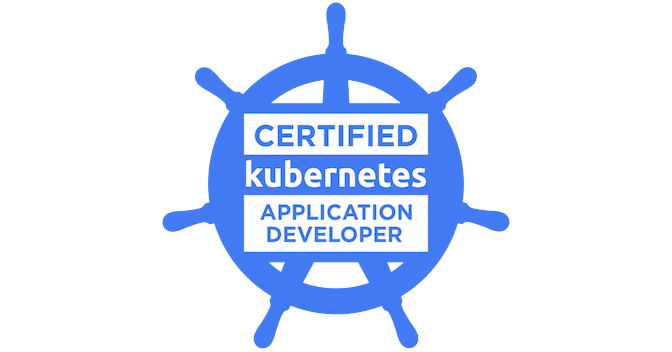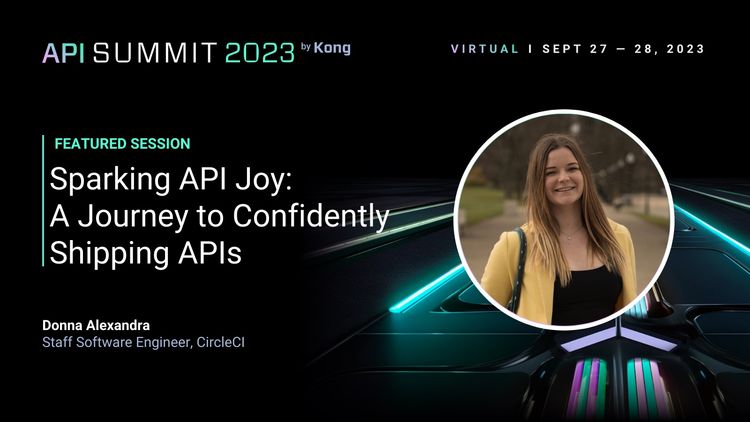Becoming a Certified Kubernetes Application Developer

This week I passed my Certified Kubernetes Application Developer exam! This was a two-hour interactive, proctored exam where I had to fix issues in a Kubernetes cluster, or fix issues with resource definition files and deploy them.

I registered for this exam last August when I was just getting started working with Kubernetes. Until that point, my experience in platform engineering hadn't yet deviated into container orchestration and I thought registering for the exam would be a great way to motivate myself to learn quicker.
However, as time passed my dedicated learning timeslot grew smaller and smaller, as my responsibilities and work grew. As a result, most of my learning for this exam ended up being on the job, as I set up an ingress controller and API Gateway in CircleCI. As I continued to get reminders that I had yet to take the exam, I booked this exam one month out to take time to prep for exam materials and ensure I was ready. This turned out to be more stressful than I originally anticipated, as my team faced a number of incidents due to malicious actors, and that time passed very quickly.
The main resource I used for this preparation was the CKAD course on Udemy, which I highly recommend for anyone preparing to take this exam. It covered everything I needed, along with access to KodeKloud where I was able to practice each topic as necessary.
It did also help that the cost of the exam was covered by CircleCI as part of my personal learning budget, otherwise, I likely wouldn't have done this!
I'm delighted to have passed my exam, and I think through doing so encouraged me to better practice writing resource definitions and exercise commands that I otherwise may not have tried. So for that part, I am glad that I took the time to complete this certification.
Sitting a virtual proctored exam was also an... experience. I had thought my desk was tidy enough with just a Rubik's cube left on it when I began the exam: however this was unacceptable, and some of the hoops I felt I had to jump through felt a little over the top. So I'm not sure how much I'd go running back to doing another certification based on how the proctoring experience was.




